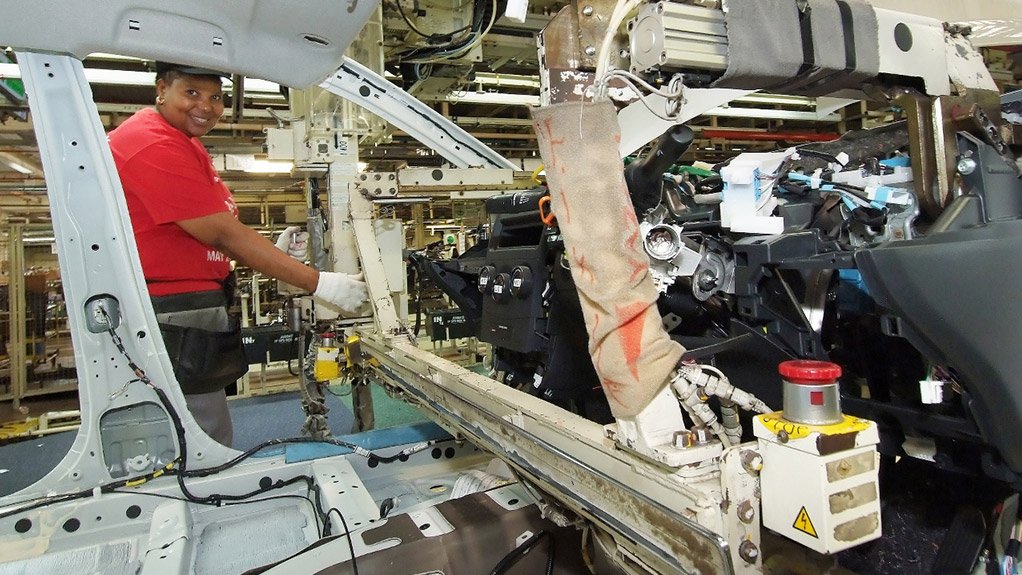The Competition Commission on Monday announced that it had launched an “investigation into price fixing, market division and collusive tendering in the market for the manufacture and supply of automotive components to original equipment manufacturers” (OEMs, or vehicle manufacturers) such as Toyota, Daihatsu, Nissan, Isuzu, Fuji Heavy Industries (Subaru), Honda, Suzuki, General Motors, Hyundai, Yamaha, Volvo (cars), Mazda, Mitsubishi and Ford.
The commission said an investigation had been launched into the operations of a number of automotive component manufacturers, which the commission reported included “Denso Corporation, Maruyasu Industrial Company Limited, Hitachi Company Limited, Mitsubishi Electric Corporation, Tokai Rika Company Limited, NGK Spark Plug Company Limited, Mikuni Corporation, Aisin Industries Company Limited, Panasonic Corporation, Futuba Corporation and Fijistu-Ten Limited”.
The investigation arose from information received by the commission that automotive component manufacturers colluded when bidding for tenders to supply automotive components to the listed OEMs.
Commission spokesperson Mava Scott told Engineering News Online that five companies had come forward, providing detail on collusive behaviour to the commission.
“It is difficult to say how long it will take to complete the investigation. We are busy examining the evidence and contacting the relevant people. It is going to take a lot of time.”
Scott noted that the commission was hopeful it would not have to prosecute all of the perpetrators, but that the parties involved could rather “sit down and agree on a settlement”, as had been the case with the investigation into the construction industry.
According to the statement released by the commission on Monday, information in its possession suggested that from 2000 to date, 82 automotive component manufacturers had colluded in respect of 121 automotive components.
“The 121 automotive components affected by the collusion include, but are not limited to, inverters, electric power steering engine control units, electric power steering and motors, glow plugs, electric power steering systems, rear sunshades, pressure regulators, pulsation dampers, purge control valves, accelerator pedal modules, power management controllers, evaporative fuel canister systems, knock sensors, spark plugs and clearance sonar systems.
“The commission will prioritise the investigation of cases that involve automotive components that are in vehicles assembled in and supplied to the South African market,” said competition commissioner Tembinkosi Bonakele.
STRUCTURE OF THE LOCAL MARKET
Broadly speaking, there were three types of OEMs in South Africa.
A number of OEMs manufactured vehicles in South Africa for the local and export markets, such as Toyota, with the Durban plant owned by Toyota in Japan.
These plants were supplied by a number of local, as well as internationally owned global component manufacturers, many with subsidiaries in South Africa.
Some local operations also exported components into global component and OEM networks.
Many of the names listed in the Competition Commission’s statement were international component conglomerates.
Another type of OEM would have a local operation owned by the parent company, such as Suzuki, but would not assemble any vehicles in South Africa.
The third type of ‘OEM’ was a privately owned importer and distributor of a vehicle brand, such as the Imperial group importing Hyundai vehicles from South Korea, with Hyundai holding no shares in Hyundai Automotive South Africa.
Vehicle importers would typically fit some components locally, such as tyres or batteries.
Scott said there “was nothing, in theory, stopping the commission from pursuing firms beyond South Africa’s borders, if their behaviour impacts on our market, and contravenes our Act”.
The commission could, therefore, decide to pursue the global component manufacturer, or the local subsidiary.
EMAIL THIS ARTICLE SAVE THIS ARTICLE
To subscribe email subscriptions@creamermedia.co.za or click here
To advertise email advertising@creamermedia.co.za or click here











